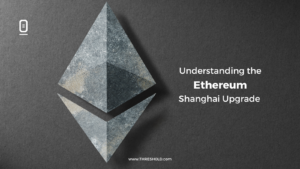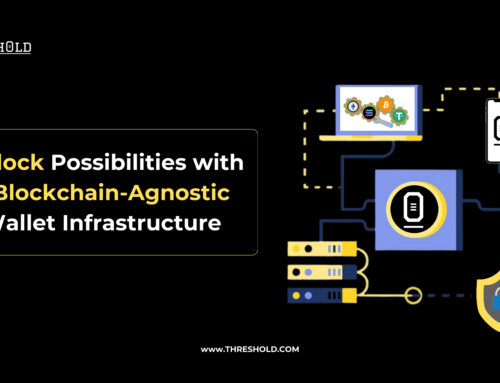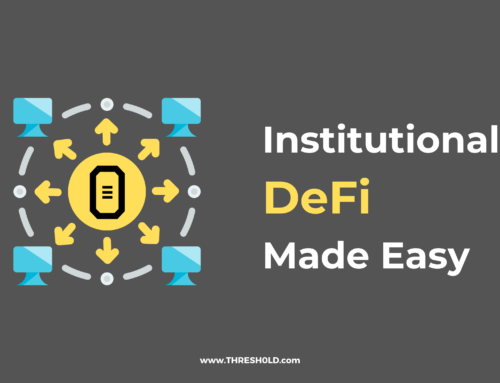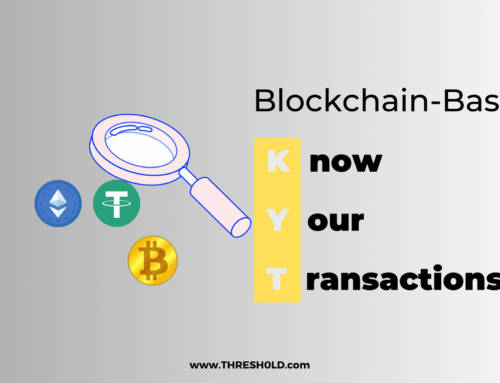-Improving Security and Reducing Gas Fees-
Ethereum is one of the most popular and widely used blockchain platforms in the world. It is a decentralized, open-source platform that allows developers to build and deploy decentralized applications (dApps) on top of its blockchain. Since its launch in 2015, Ethereum has undergone several upgrades to improve its functionality, speed, security, and scalability. The latest upgrade is known as the Ethereum Shanghai Hardfork. This article discusses what the Ethereum Shanghai Upgrade is, what this improvement means to the Ethereum network and its users, and what it represents to the future of the blockchain.
Ethereum and the Importance of Upgrades
In the past, Ethereum has experienced slow transactions and exorbitant transaction fees, particularly after the decentralized finance (DeFi) boom led to an increase in the Total value locked (TVL). Furthermore, the widespread popularity of nonfungible tokens (NFTs), and blockchain-based games, and the rush to mint and play them during 2021 and early 2022 have worsened user experiences and elevated gas fees. These issues have caused projects to migrate to other protocols like Solana, BNB, Cosmos, Hedera, or Ethereum layer-2 scaling solutions like Polygon and Arbitrum.
However, in September 2022, Ethereum underwent a significant change to its consensus mechanism by shifting from Proof of Work (PoW) to Proof of Stake (PoS) called The Merge. Instead of relying on miners, the network now depends on validators to operate. This is to be followed by the Ethereum Shanghai Upgrade (EIP–3675) slated to go live on the main net on April 12th, 2023.
The Ethereum Shanghai Upgrade: What it is and Why it Matters
The Ethereum Shanghai Upgrade is a hardfork of the blockchain meant to improve the network’s security and reduce the impact of high gas fees on the Ethereum ecosystem. To address the issue of rising gas fees, the Ethereum Shanghai Upgrade introduces a new gas fee structure that makes it more affordable for users to execute transactions on the network. This is achieved by introducing a new pricing mechanism, EIP-1559, that dynamically adjusts gas fees based on the current network demand.
The current transaction pricing model on the Ethereum network is a first-price auction, which means that users must compete with each other to get their transactions processed by miners. This leads to a situation where users are willing to pay high fees to ensure that their transactions are processed quickly.
The EIP-1559 proposal introduces a new transaction pricing model that separates transaction fees into two parts: a base fee and a tip.
- The base fee is the minimum amount that a user must pay to execute a transaction on Ethereum. This is automatically adjusted based on the current network demand, so users will always pay the right price for their transactions.
- The tip is an optional fee that users can add to incentivize miners to prioritize their transactions and speed up their transaction confirmation time.
The Ethereum Shanghai Upgrade also introduces other improvements to the network, including the removal of the refund mechanism for self-destructed contracts. This will help to reduce the cost of contract execution on the network and make it more efficient.
The Ethereum Shanghai Upgrade is a significant step towards scalability on Ethereum. The integration of the EIP-1559 proposal and other improvements will help to make Ethereum more efficient, accessible, and affordable for users. Moreover, Ethereum’s potential to drive institutional adoption of cryptocurrencies is significant. The recent implementation of The Merge marks the first step towards this goal. By meeting ESG standards (Environmental, Social, and Governance), Ethereum is expected to attract more institutional adoption, which could eventually benefit the broader digital asset ecosystem.
Conclusion: A Step Toward Ethereum 2.0
The Ethereum Shanghai Upgrade is a significant milestone for the Ethereum network. It introduces several important improvements, including the integration of the EIP-1559 proposal, which will help to reduce the overall cost of using the network. The upgrade also improves the network’s security, efficiency, and interoperability, making it more accessible to other chains and affordable for users.
About THRESH0LD
THRESH0LD offers a single, simple-to-integrate API that helps digital asset businesses such as crypto exchanges, payment processors, hedge funds, NFT Marketplaces and OTC solutions cut transaction fees, save time with wallet automation, and enhance security. THRESH0LD MPC supports 44 blockchain protocols and a DeFiBridge that enables swaps across thousands of assets.
Found this piece interesting? Check out our other blog posts.





